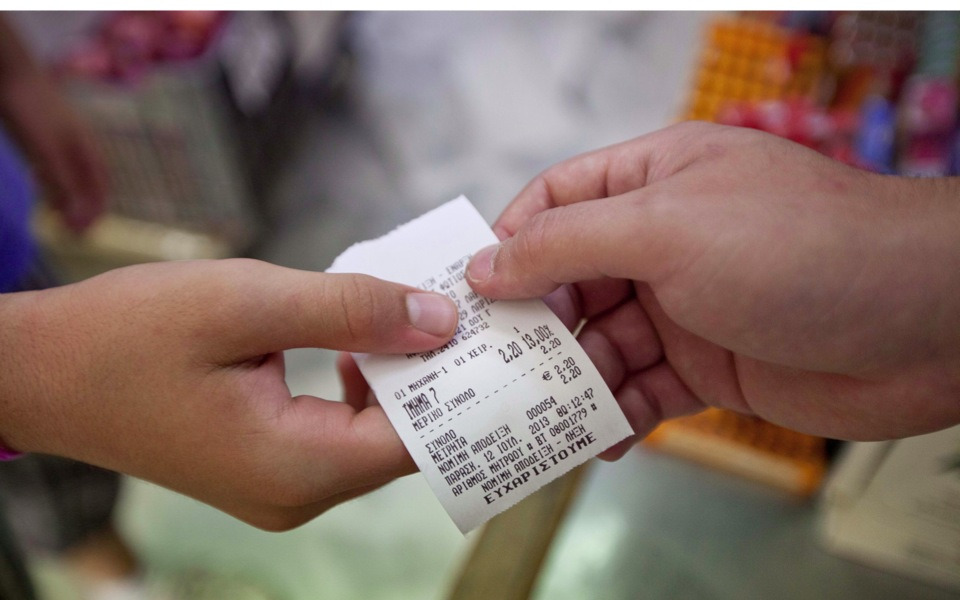Greece’s 25.8% rate of lost revenues constitutes the second highest in the European Union
Greece has the second highest rate of value-added tax evasion in the European Union, with state coffers deprived annually of revenues amounting to two years’ worth of Single Property Tax (ENFIA) takings.
The European Commission is calling on the bloc’s members to increase their efforts to contain VAT evasion, which amounts to more than 134 billion euros across the EU every year.
In Greece the state misses out on €5.35 billion of VAT takings on an annual basis, or some 25.8% of the potential VAT receipts. This is second only to Romania’s rate, and just ahead of Malta’s and Italy’s. It is also just over two annual sets of ENFIA revenues that until 2021 amounted to €2.65 billion per year.
The latest Commission report on the matter recommends that national tax administrations work harder in domains such as risk analysis, automatic procedures and information exchange among member-states. It adds that the online systems need to be upgraded and the personnel working on the new technologies ought to be increased.
Although VAT evasion in Greece remains among the bloc’s highest, the report highlights that this country has adopted advanced models of risk analysis, as well as increasing checks on cross-border transactions within the EU, where the greatest amount of fraud is recorded.
In the 20 years from 2000 to 2019, Greece missed out on a total of over €120 billion in VAT revenues; that amount would have made government policies far easier in recent years, as it would have led to the reduction of several taxes that salaried labor continues to pay, to say nothing about the reduction of the public debt.
Brussels issued a number of recommendations, such as cross-checking VAT registration data with third sources, the investigation of each country’s main dimensions of VAT evasion, improvement of cross-border tax authorities’ cooperation, systematic inspections based on risk indexes, the creation or maintenance of a register of taxpayers active in online commerce etc.
Source : Ekathimerini

